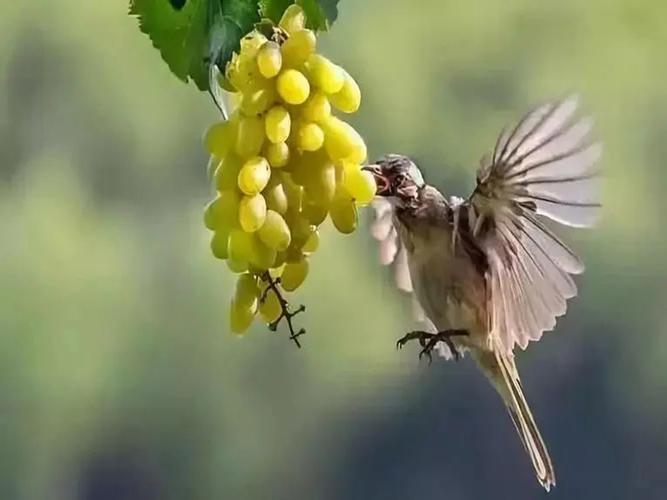7 Proven Bird Deterrent Strategies for Your Orchard – Worth Learning!
By mindereye / July 29, 2025 / No Comments / Knowledge
1.Bird Net Installation
Bird nets are suitable for orchards of all sizes. Due to birds’ poor color discrimination, white or red materials are recommended to enhance visibility and deter birds. In hail-prone areas, integrating hail nets with bird nets by adjusting mesh size improves cost efficiency. However, installation increases costs by approximately ¥300 per mu (US$47/acre) and requires seasonal removal to prevent weather damage.
2.Manual Bird Scaring
Target peak foraging periods (dawn, noon, dusk) with 3-5 repeated interventions per timeframe, as birds often return after initial dispersal. Labor-intensive and practical only for small orchards near residences.
3.Acoustic Deterrence
Deploy recordings of explosions, raptor calls, or distress signals via irregular high-volume playback. Position devices at orchard perimeters and bird entry points to maximize sound propagation using wind and terrain.

4.AI-Powered Acoustic Repellents
Smart sonic devices provide sustained protection across up to 50 acres (3.3 hectares), with validated efficacy in cherries, grapes, apples, and other crops. These systems utilize randomized predatory bird calls to prevent habituation.
5.Reflective Material Deployment
Ground-reflective films or hanging CDs create disorienting flashes that deter birds short-term while enhancing fruit coloration.
6.Avian Repellent Compounds
Plant-derived formulations (e.g., methyl anthranilate) release CNS-irritating vapors via slow-diffusion dispensers or sprays. Ensure products are EPA-compliant and non-toxic to birds, humans, and livestock.
7.Camphor Ball Application
High-purity camphor balls in gauze sachets (3-4 balls/pack) hung on upper branches provide 15-day protection via scent aversion. Optimal for stone fruits and grapes near maturity. Use 1-2 sachets per tree.
